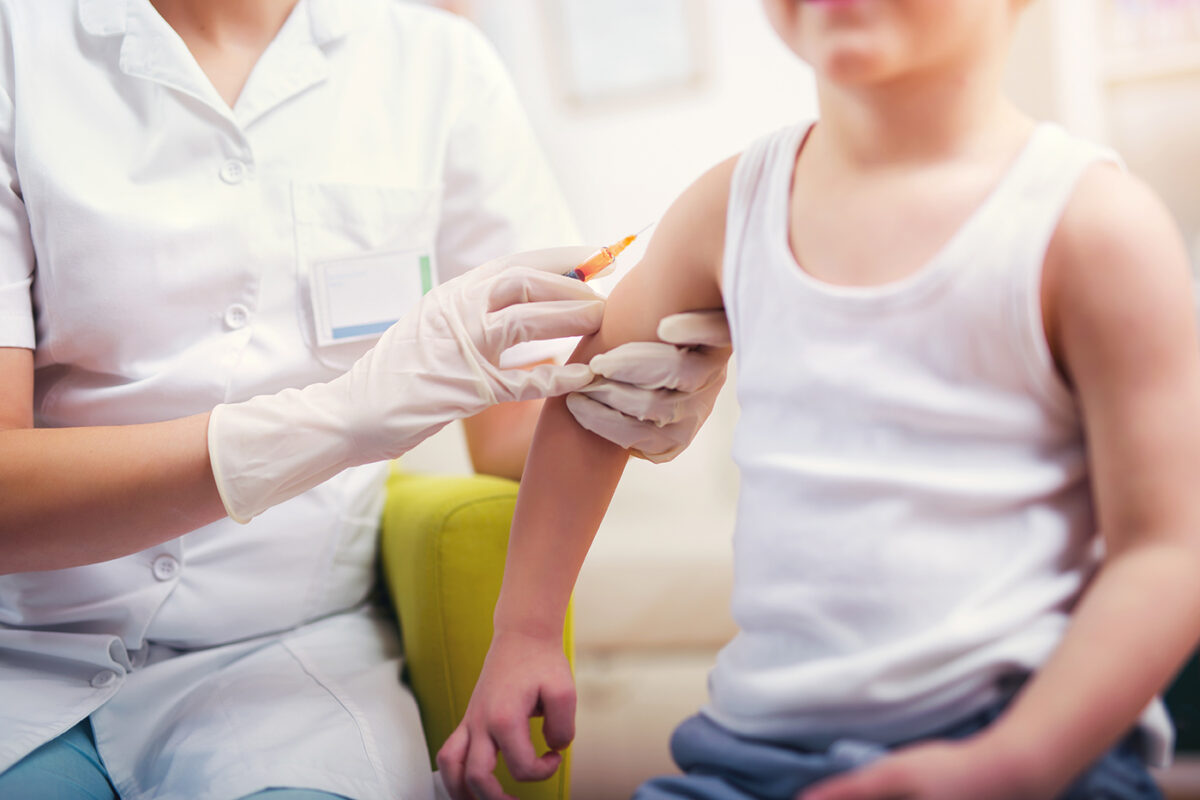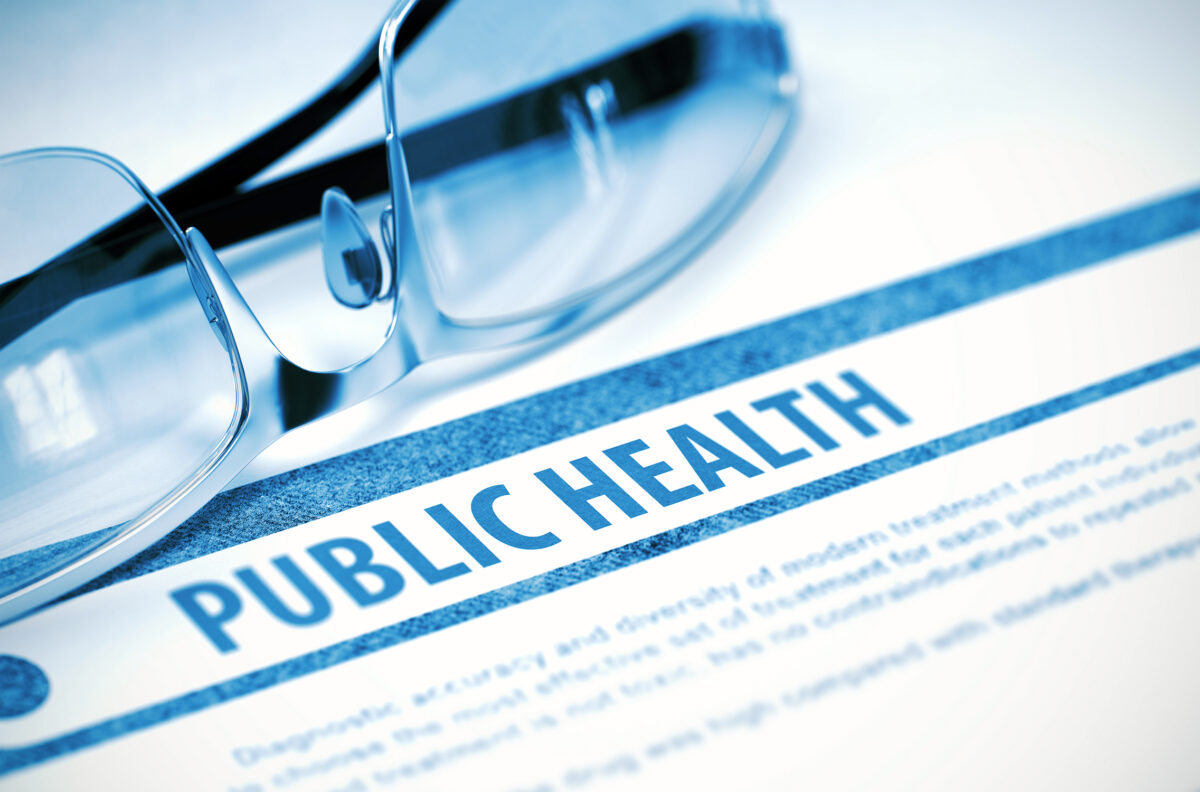
Enacted by Congress on March 18, the Families First Coronavirus Response Act includes key Medicaid and Children’s Health Insurance Program (CHIP) provisions in response to the COVID-19 outbreak. The act includes three major changes that will continue at least until the end of the federally declared public health emergency for COVID-19:
- Beginning March 18, state Medicaid and CHIP programs must cover all FDA-approved testing for COVID-19, including test administration and lab testing, with no enrollee exposure to cost-sharing.
- Beginning March 18, state Medicaid programs have the option to cover all FDA-approved testing for COVID-19 with 100% federal funding.
- Retroactive to Jan. 1, 2020, states will receive enhanced federal funding for their traditional Medicaid programs (not including CHIP and Medicaid expansion) of 6.2% above the current federal matching rate for each state. In Arkansas, this means that the federal government will cover 77.6% of the medical assistance costs in Medicaid versus the standard percentage for the fiscal year of 71.4%.
In order to receive the enhanced funding, state Medicaid programs must do the following:
- Eliminate cost-sharing for COVID-19 treatments, including available vaccines, equipment, and therapy.
- Provide continuous enrollment for (i.e., not disenroll) current or new enrollees during the emergency period unless an enrollee requests disenrollment or moves out of state.
- Comply with maintenance-of-effort requirements, i.e., not restrict eligibility or add cost barriers other than requirements in place as of Jan. 1, 2020.
There are two important points that serve as a backdrop for the provisions in the Families First Coronavirus Response Act. First, the Medicaid program is intended to serve low-income, vulnerable populations. In times of economic volatility and rapid job loss, Medicaid serves as a safety net to ensure access to medical assistance. Second, Medicaid is designed to nimbly respond to natural disasters and disease outbreaks like COVID-19 by enrolling all eligible individuals when health care is needed. The countercyclical financing – through which federal resources increase if demands for the program grow – has historically been a fundamental aspect of the program.
The actions required of state Medicaid programs and the enhanced funding are significant steps in combatting COVID-19 by ensuring greater and more continuous access to coverage. However, there are additional steps that state Medicaid programs can and should take – whether through federal waivers or simple state plan amendments – to advance efforts to stem the impacts of the outbreak. Key steps include:
- Implementing presumptive eligibility, which allows providers to screen individuals for eligibility based on income and temporarily enroll those screened as eligible into Medicaid.
- Relaxing provider enrollment requirements to maintain capacity in the event of a surge of COVID-19 cases.
- Requesting authorization to provide services in alternative settings due to a need to relocate residents or patients where the placing or admitting facility continues to render services.
You can read more about the pandemic on ACHI’s COVID-19 page.






